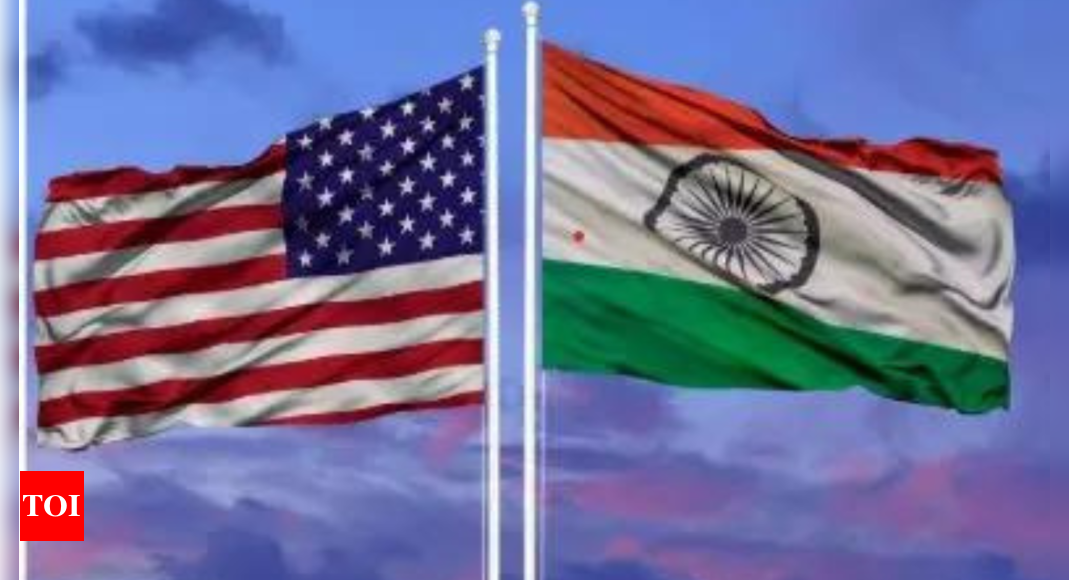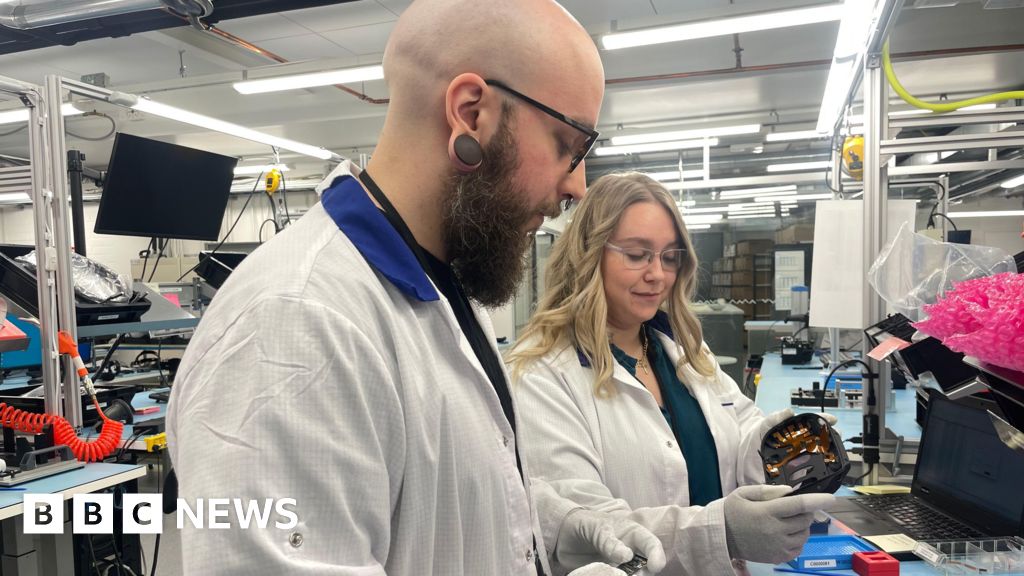India, US to hold sector-specific talks to finalize trade pact in coming weeks – The Times of India

India and the United States have decided to hold sector-specific talks in the coming weeks to finalize the structure of the proposed bilateral trade agreement (BTA).
This decision comes after four days of discussions between senior officials from both countries, which concluded on Saturday. The talks take place in the context of the USA’s threat to impose reciprocal tariffs on key trading partners, including India, by April 2, according to news agency PTI.
The Ministry of Commerce stated that these expert-level engagements will begin virtually in the coming weeks, paving the way for an in-person negotiation round soon after. Both sides aim to realize a mutually beneficial, multi-sector BTA, with the goal of finalizing its first tranche by fall 2025 (August-September).
The proposed agreement seeks to increase market access for goods, reduce tariff and non-tariff barriers, and enhance supply chain integration between the two countries.
A US delegation, led by Assistant US Trade Representative for South and Central Asia Brendan Lynch, visited India to finalize the terms of the proposed pact, which aims to more than double bilateral trade to USD 500 billion by 2030. The two sides expressed their commitment to finalizing the BTA in the coming months, ensuring that the agreement aligns with shared goals of prosperity, resilience, and mutual benefit.
The discussions are a continuation of Commerce and Industries Minister Piyush Goyal’s visit to Washington from March 4-6, where he met with US Trade Representative Jamieson Greer and Commerce Secretary Howard Lutnick. In addition, video conferences were held between both parties to follow up on the talks.
On Friday, US President Donald Trump referred to Prime Minister Narendra Modi as “a very smart man” and emphasized that tariff talks would “work out very well between India and our country.” Trump’s remarks are significant given his criticism of the high tariffs charged by India and other countries on American goods. He has threatened to impose reciprocal tariffs on trading partners, including India, starting on April 2.
In a trade pact, two countries typically reduce or eliminate customs duties on most goods traded between them, ease trade norms for services, and boost investments.
The US has demanded duty concessions in sectors such as industrial goods, automobiles, wines, petrochemical products, dairy, and certain agricultural items like apples, tree nuts, and alfalfa hay. India is likely to focus on duty cuts in labour-intensive sectors such as textiles, although its negotiators are unlikely to include dairy and agriculture in trade discussions due to political sensitivity in India.
Indian exporters and industry groups have expressed concern that the USA’s reciprocal tariffs could harm their interests, as the US is India’s largest trading partner. There are also calls for India to seek exemptions from these tariffs to mitigate the potential impact.
India’s exports to the US include drug formulations, telecom instruments, precious stones, petroleum products, and ready-made garments. Meanwhile, India’s main imports from the US include crude oil, petroleum products, coal, cut and polished diamonds, aircraft, and machinery.
In 2023-24, the US was India’s largest trading partner, with a total bilateral trade of USD 119.71 billion in goods, including USD 77.51 billion in exports and USD 42.19 billion in imports, resulting in a trade surplus of USD 35.31 billion. Furthermore, the US has been a major source of foreign direct investment (FDI) for India, with USD 67.8 billion in investments received from the US between April 2000 and September 2024.




